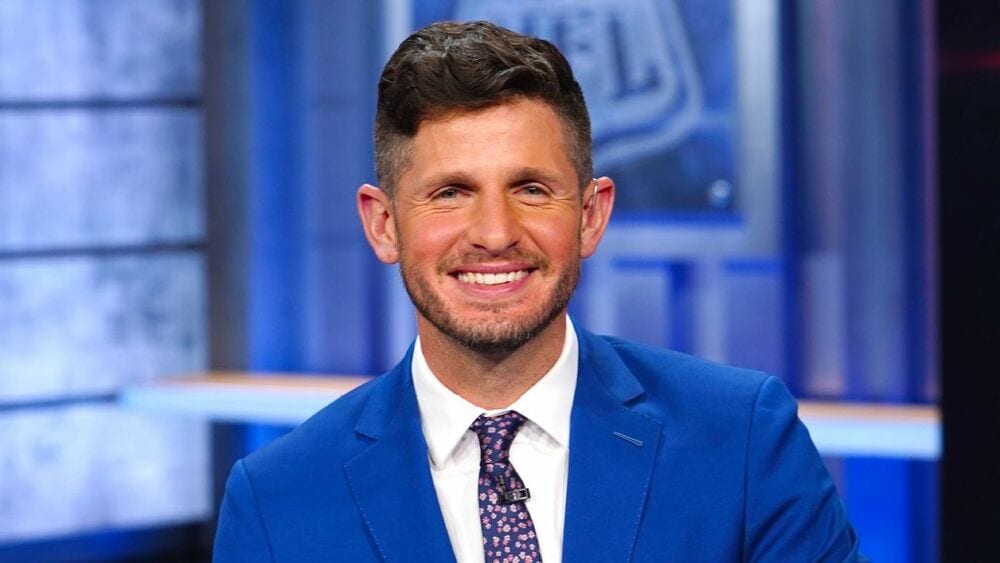“The mercenaries will always beat the draftees, but the volunteers will crush them both.” -Chuck Noll
My good friend Tony Evans, a pastor in Dallas, says we were created to work. “Before Adam had Eve, he had a job,” he says. Work is good. Adding value is positive. I’ve seen it time and time again: high school and college students trying to figure out what they are going to do—and why. Ultimately, it’s not really a career question. What am I going to do with my life? We all need to answer the deep questions of purpose, meaning, and fulfillment. But don’t be paralyzed over your career choice. Here’s why.
Follow your passion.
Men who have been in one line of work for over three decades are becoming dinosaurs. Even within my industry, I’ve had many employers. What you’re doing today probably won’t be what you are doing in the distant future and possibly not even the near future. Rather than making career choices on the basis of money, select something that you want to do. It’s great to love your work, and a blessing to enjoy it.
There’s something about the people who rise to the top.
As the head coach, Coach Noll was concerned not only for our physical well-being but also for the team’s emotional health. He loved the quote above because of its truth. People who are forced into something will be least effective while those with external motivation (money, in the case of mercenaries) will be effective to a point. However, those with an internal drive, who have signed on for the endeavor because their hearts are in it, will rise to the top. Money may get you started, but it won’t be enough to sustain you when times become difficult.
Make good career decisions.
Coach Noll told me repeatedly that I should “never make a job decision based on money”—first when I was a player and then when I was one of his coaches. He wasn’t disparaging money or its ability to allow you to do things but rather making sure I understood its limitations. All too often, I’ve seen players in this era of salary caps forced into making tough decisions. They loved playing for the Colts, they fit perfectly into our offense or defense, they really liked their teammates and coaching staff, and their wives and families were comfortable in Indianapolis. On top of that, they were having fun. Then another team would offer them $2 million more than we could pay them.
When those players came into my office and asked me what they should do, I have to admit—I wasn’t always comfortable giving them the advice Coach Noll gave me. I worried about it sounding self-serving, as if I wanted them to stay with us and take less money because they could help us win. But the truth is, in most cases, it really is better to disregard the money. It’s just hard to do. They have so many people telling them they would be crazy not to leave. What about their future, their financial security? What about providing for their families?
It’s easy to compare dollars to dollars and when we have the opportunity to earn more, it’s tempting to think this is “best for my family” or “this employer values me more” or “that team (or company) respects me more.” However, money isn’t really a good measure of what’s best for you or your family. Balancing work and money is difficult. In fact, the more you base critical decisions on monetary evidence, the more your children will come to believe that money is the most important thing in your life—and, ultimately, in theirs.
Sound off: How do you balance work and money?












Huddle up with your kids and ask, “What are some things you are passionate about?”